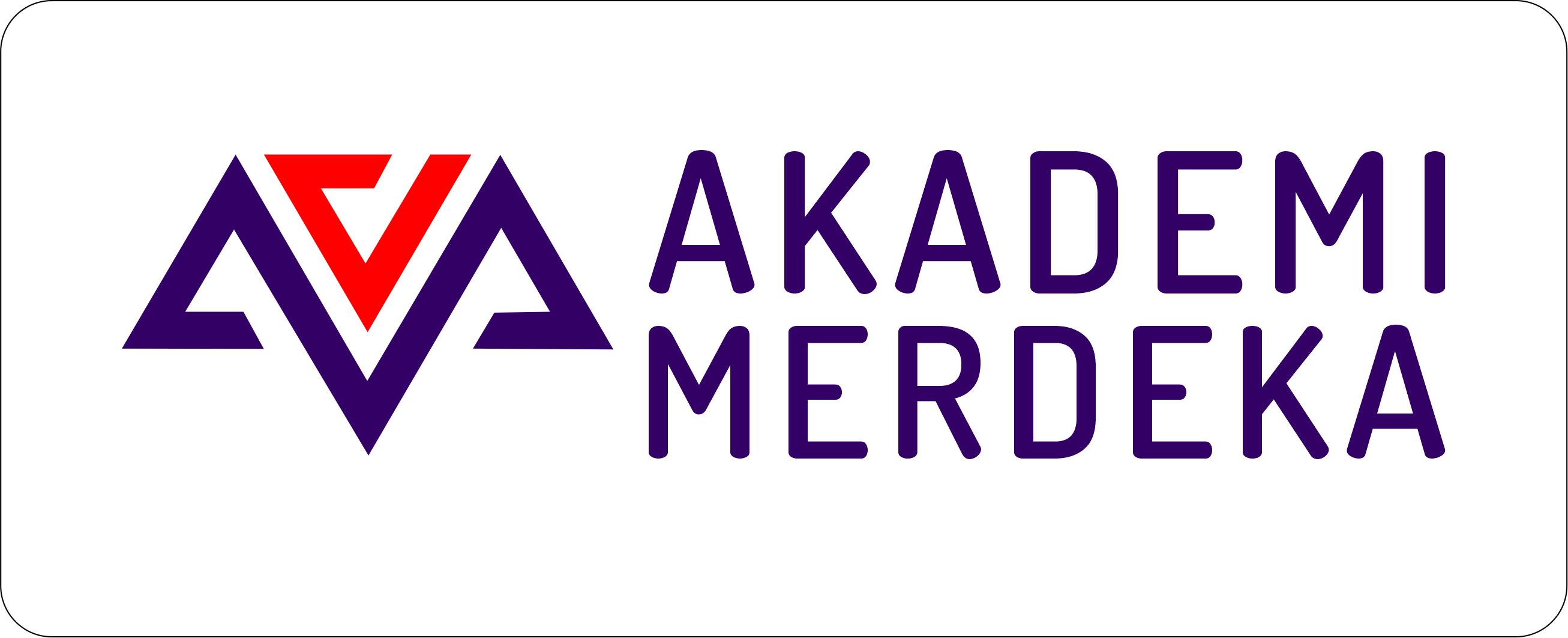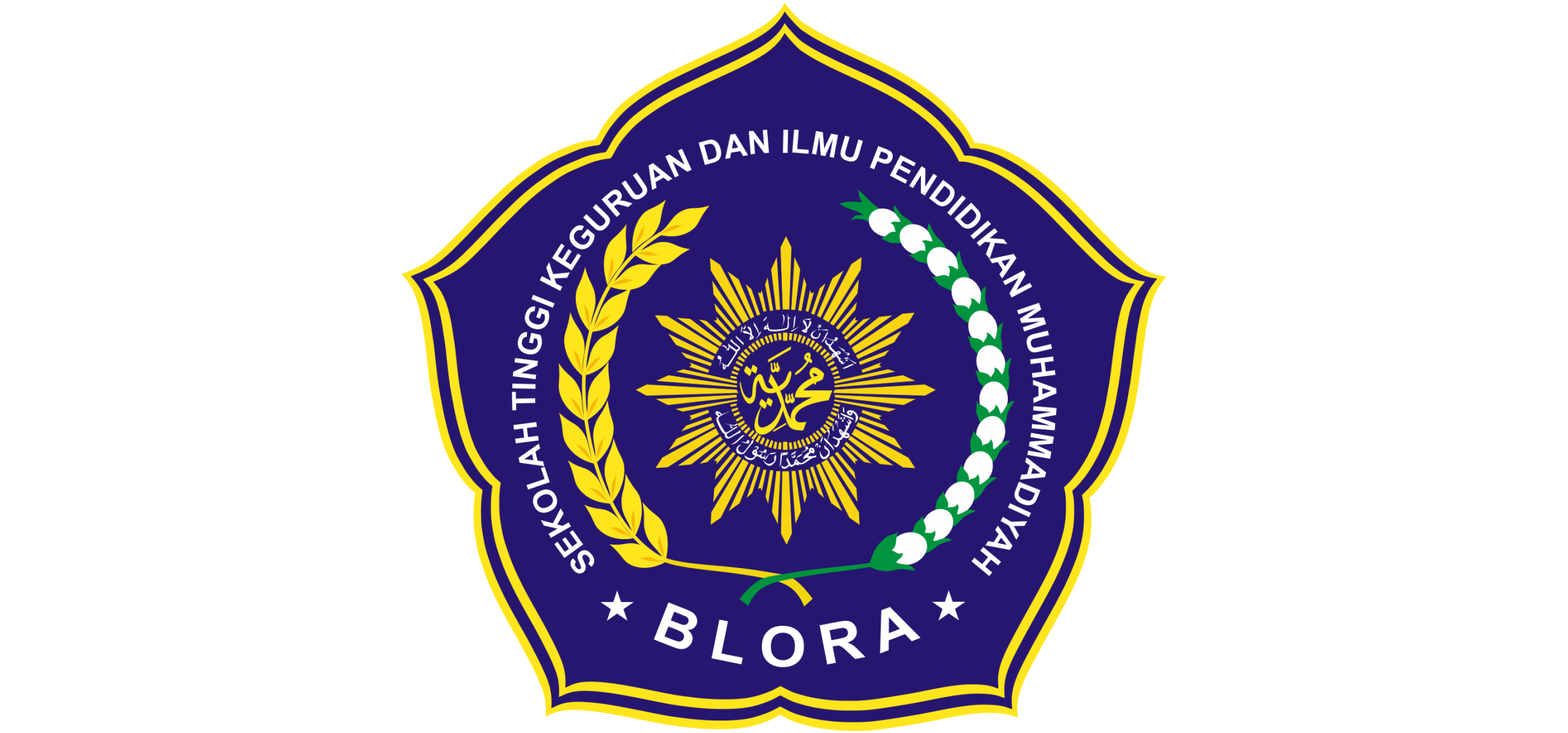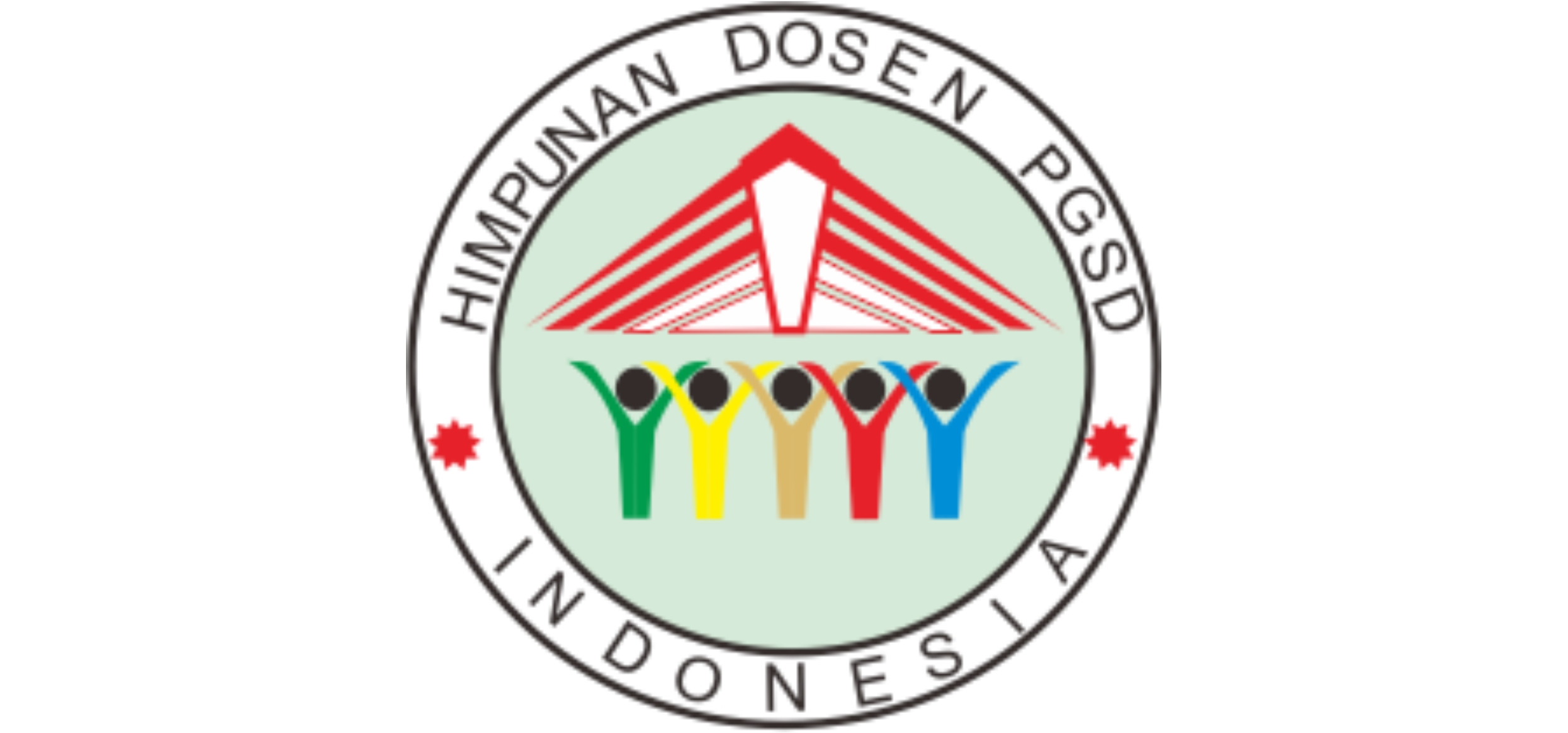The Relationship Between Cognitive Dissonance with Conceptual Knowledge and Environmental Literacy in Elementary School Students
DOI:
https://doi.org/10.70152/leotech.v2i1.52Keywords:
Animal Life Cycle, Cognitive Dissonance, Conceptual knowledge, Elementary Education, Environmental literacy, Science LearningArticle Metrics
Abstract
This study investigates the influence of cognitive dissonance on environmental literacy and conceptual knowledge among elementary school students in the context of science learning about animal life cycles. Employing a descriptive quantitative approach with an ex post facto design, the research involved 240 students from grades 4, 5, and 6 at two elementary schools in Cirebon, Indonesia, who had received instruction on animal life cycles in accordance with the Merdeka Curriculum. Data were collected using validated and reliable four-point Likert scale questionnaires measuring environmental literacy, conceptual knowledge, and cognitive dissonance. Multivariate analysis of variance (MANOVA) was conducted to examine the relationships among these variables following the instructional intervention. The results demonstrate that students possess high levels of environmental literacy and sound conceptual understanding of animal life cycles, while experiencing moderate to low levels of cognitive dissonance. Statistical analysis reveals that science instruction incorporating cognitive dissonance significantly enhances both environmental literacy and conceptual knowledge, without inducing excessive cognitive conflict. Theoretically, this research advances the understanding of cognitive dissonance as a catalyst for meaningful learning and conceptual change in elementary science education. Practically, the findings recommend the implementation of science teaching strategies that actively challenge students’ preconceptions through real-world content, such as animal life cycles, to foster scientific literacy and environmental responsibility from an early age.
Downloads
References
Akmal. (2019). 590419-lebih-dekat-dengan-industri-40-4a13fd88 (1)
Byrnes, J. P., & Wasik, B. A. (1991). Role of conceptual knowledge in mathematical procedural learning. Developmental psychology, 27(5), 777–786. https://doi.org/10.1037/0012-1649.27.5.777
Febriasari, L. K., & Supriatna, N. (2017). Enhance environmental literacy through problem based learning. Journal of Physics: Conference Series, 895(1). https://doi.org/10.1088/1742-6596/895/1/012163
Furrow, R. E., & Hsu, J. L. (2019). Concept inventories as a resource for teaching evolution. Evolution: Education and Outreach, 12(1). https://doi.org/10.1186/s12052-018-0092-8
Kaya, V. H., & Elster, D. (2018). German students’ environmental literacy in science education based on pisa data. Science Education International, 29(2), 75–87. https://doi.org/10.33828/sei.v29.i2.2
Kusumaningrum, D. (2018). Literasi lingkungan dalam kurikulum 2013 dan pembelajaran ipa di sd. Indonesian Journal of Natural Science Education (IJNSE), 1(2), 57–64.
Lubis, S. P. W., Suryadarma, I. G. P., Paidi, & Yanto, B. E. (2022). The effectiveness of problem-based learning with local wisdom oriented to socio-scientific issues. International Journal of Instruction, 15(2), 455–472. https://doi.org/10.29333/iji.2022.15225a
McBeth, W., & Volk, T. (2009). The national environmental literacy project: a baseline study of middle grade students in the united states. Journal of Environmental Education, 41(1), 55–67. https://doi.org/10.1080/00958960903210031
Mustofa, R. F., & Hidayah, Y. R. (2020). The effect of problem-based learning on lateral thinking skills. International Journal of Instruction, 13(1), 463–474. https://doi.org/10.29333/iji.2020.13130a
Saribas, D. (2015). Investigating the relationship between pre-service teachers’ scientific literacy, environmental literacy and life-long learning tendency. Science Education International, 26(1), 80–100. https://eric.ed.gov/?id=EJ1056471
Singleton, J. (2017). Environmental literacy and sustainability values: a content analysis of environmental education standards. Eco-Thinking. https://journals.lib.sfu.ca/index.php/journal/article/view/984
Sudatha, I. G. W., Jayanti, L. S. S. W., Bayu, G. W., Widiana, I. W., & Halili, S. H. B. (2024). Task-based e-learning on students’ cognitive assonance and reading engagement in english learning process at elementary schools. International Journal of Language Education, 8(2), 250–266. https://doi.org/10.26858/ijole.v8i2.64115
Tivani, I., & Paidi, P. (2016). Pengembangan lks biologi berbasis masalah untuk meningkatkan kemampuan pemecahan masalah dan karakter peduli lingkungan. Jurnal Inovasi Pendidikan IPA, 2(1), 35. https://doi.org/10.21831/jipi.v2i1.8804
Zenger, T., & Bitzenbauer, P. (2022). Exploring german secondary school students’ conceptual knowledge of density. Science Education International, 33(1), 86–92. https://doi.org/10.33828/sei.v33.i1.9
Zulfa, E., Setiadi, D., Merta, I. W., & Sukarso, A. (2022). Pengaruh pembelajaran problem based learning berbasis blended learning dan outcome based education terhadap kemampuan literasi sains biologi siswa di sman 7 mataram. Jurnal Ilmiah Profesi Pendidikan, 7(2b), 559–564. https://doi.org/10.29303/jipp.v7i2b.559
Downloads
Published
How to Cite
Issue
Section
License
Copyright (c) 2025 Ade Ima Halimatussadiah, Irma Marlina, Nuning Nurfadilah Hayati Rahman

This work is licensed under a Creative Commons Attribution-ShareAlike 4.0 International License.
Copyright for this article is held by the journal LEOTECH: Journal of Learning Education and Technology and is licensed under the Creative Commons Attribution-ShareAlike 4.0 International (CC BY-SA 4.0). The article may be used, shared, and adapted for any purpose with proper attribution and distribution under the same license. Full license details: https://creativecommons.org/licenses/by-sa/4.0/











